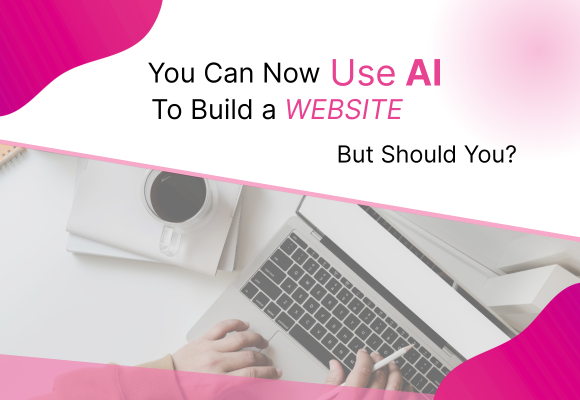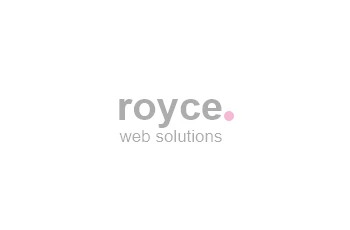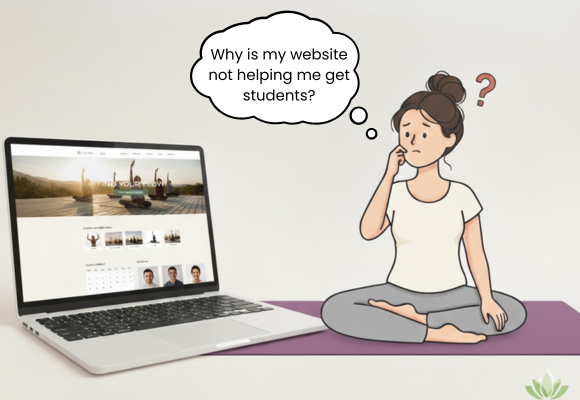You can now use AI to build a website – but should you?

Artificial Intelligence has taken the world by storm. From writing academic essays to diagnostics and managing your investments, AI tools are being leveraged in ways we could have only imagined a decade ago. Enter AI website builders.
It’s no surprise that we’ve expanded AI’s abilities to generate content and taken it to the next level with tools that promise to take the hassle out of creating a website. AI website builders claim to do the heavy lifting while you sit back and sip your coffee. Sounds tempting, right? But here lies the problem: While AI can speed up the process of building a website, the final product might lack the spark that sets your brand apart.
The Rise of AI in Web Development
AI website builders have exploded in popularity over the past few years, taking traditional website-building platforms to the next level with a whole array of new automation abilities. Platforms like Wix ADI, CodeWP, and Jimdo leverage AI to design an entire website from the foundation up, picking layouts and colors and even generating content based on a few simple inputs.
For small businesses, teams with limited resources, or individuals just starting out, these tools might seem like a godsend. You don’t need to know HTML from CSS or spend hours learning WordPress. Just answer a few questions and boom – you have a ready-to-go website in minutes.
Understanding the Limitations of AI Website Builders
1.Lack of Creativity and Human Nuance
While AI website builders are impressive, they lack the creativity and nuance that human developers bring to the table. AI can mimic design trends and follow best practices, but it can’t generate truly original content or think outside the box. The result? A website that might look good but feels generic.
AI-generated content also tends to be hit or miss. While it can produce text quickly, the content often lacks personality and emotional connection. This is where human copywriters shine – they craft compelling narratives that resonate with audiences and leave a lasting impression.
2.Limited Customization and Flexibility
AI website builders operate within predefined templates and design parameters. While you can tweak some aspects, your ability to customize is limited. If your website requires unique functionality, such as an interactive product configurator or a custom booking system, AI tools might not be able to deliver.
On the other hand, human developers can create bespoke designs tailored to your specific needs, ensuring that your website stands out in a crowded digital landscape.
3.SEO and User Experience Limitations
AI-powered website builders generally provide basic SEO optimization, ensuring fast load times, mobile responsiveness, and clean architecture. Some advanced AI tools even offer keyword suggestions and A/B testing.
However, AI lacks the strategic depth of human SEO specialists, who conduct in-depth keyword research, build high-quality backlinks, and adapt to search engine algorithm changes. Additionally, AI struggles with understanding the intricacies of user experience (UX), which plays a crucial role in engagement and conversions.
4.Failure to Connect Emotionally
Your website is often the first impression customers have of your business, and first impressions matter. While AI can generate content and layouts, it lacks the ability to infuse them with passion and personality. The emotional connection that a human designer or copywriter brings to a brand is irreplaceable.
A human touch ensures that your website not only looks professional but also tells a compelling story that resonates with your audience and builds trust.
Maximizing AI in Web Development
So, should you use AI to build your website? The answer is yes and no.
AI tools can be incredibly useful in the web development process, but they are best used as assistants rather than sole creators. Here are some areas where AI can enhance, rather than replace, human web development:
- AI-Powered Coding Assistants – AI-powered coding tools, such as GitHub Copilot, help developers by suggesting code snippets, completing code, and identifying bugs. These tools streamline repetitive tasks, allowing developers to focus on creativity and innovation.
- Content Optimization – AI tools like Grammarly ensure that content is clear, error-free, and engaging. They enhance readability and style while catching mistakes that might be overlooked by human writers.
- SEO and Analytics – AI-driven platforms like Ahrefs and SEMrush offer in-depth SEO analysis, keyword research, and competitive insights, helping businesses optimize their content for better search rankings.
- Performance Optimization – Tools like Google PageSpeed Insights and GTmetrix use AI to identify performance bottlenecks, while Cloudinary optimizes images and videos for faster load times.
Using the Right Tools for the Job
There’s an old saying about using the right tool for the job, and that’s exactly where AI fits in. It allows developers to be more efficient and effective, but it can’t fully replace the human touch.
he best approach? A hybrid model. Let AI handle the repetitive tasks while human designers, developers, and copywriters focus on creativity, strategy, and user engagement. By leveraging AI as a support tool rather than a replacement, you can build a website that is not only functional and optimized but also rich in personality and ready to forge strong connections with your audience.
You may also like
- 01
Hidden Website Issues Yoga Teachers Overlook: With Simple Ways to Fix Them
- 02
Does a Landing Page Need a Domain?
- 03
How to Create a Free Website?
- 04
Coach & Consultant Websites: Build Credibility Online Without the Tech Overwhelm
- 05
No-Fuss Small Business Websites: Get Online Fast and Start Growing




